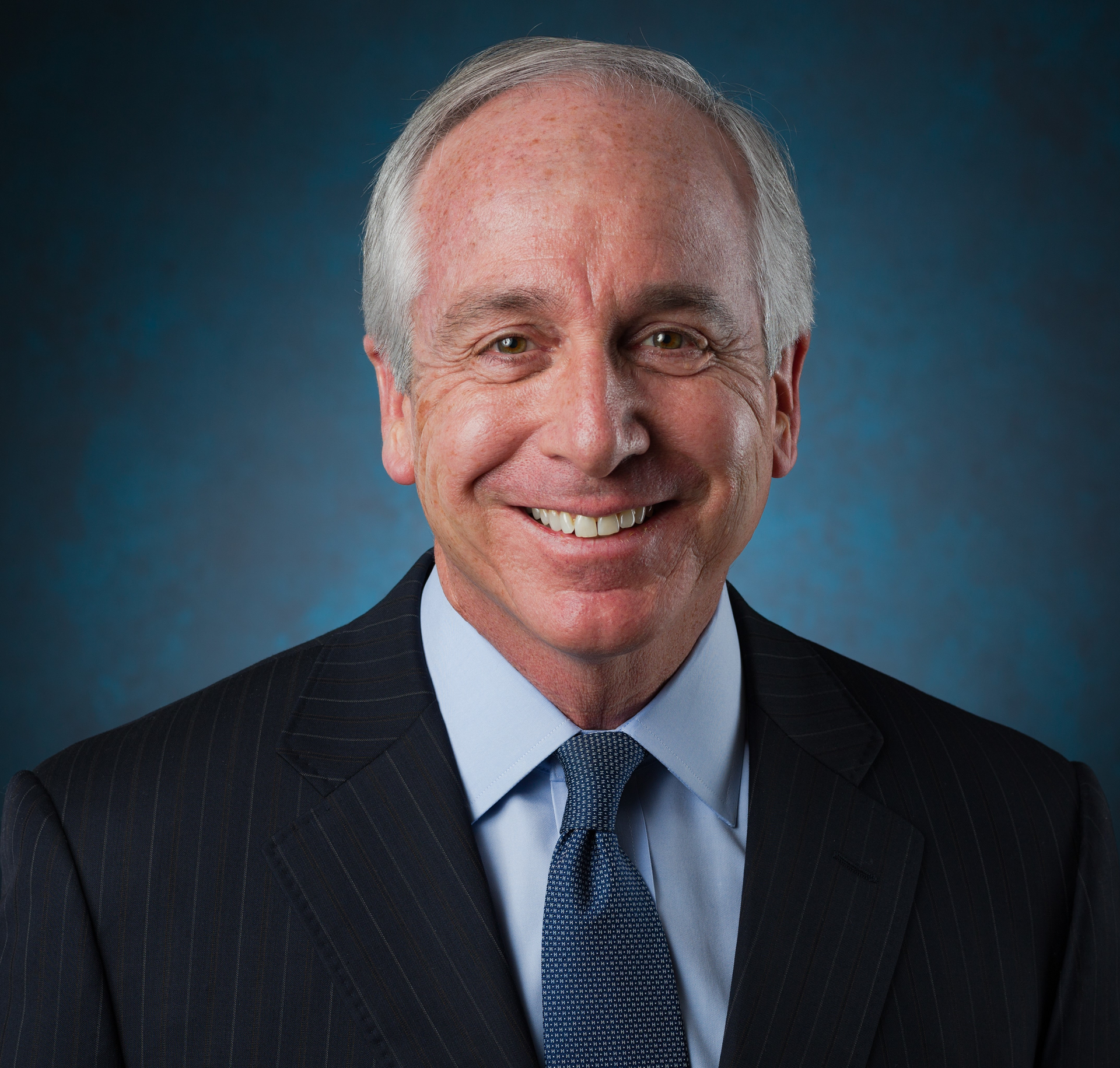Diversity, equity & inclusion (DEI) in the workplace has come under heightened focus since 2020 as social unrest grew and the pandemic prompted many to reevaluate their lives. Accountancy firms are more committed than ever to making progress in this area. However, with many groups still underrepresented in the CPA profession, there is clearly still work to be done.
Savvy accounting leaders understand DEI runs much deeper than demographics, but many still wonder how they can implement lasting change. Whether you manage a small firm or a big department, here’s why diversity matters and how finance and accounting leaders can create a workplace based around meaningful inclusion.
Why diversity doesn’t always mean inclusion
Diversity and inclusion are often used interchangeably, but they can mean different things in the workplace context. Whereas diversity is about the representation of employees with different backgrounds and beliefs — be it ethnicity, age, gender, religion, political views or sexual orientation — inclusion is how it actually feels to work at your firm. Do all team members feel safe being their true selves at work? Is everyone treated fairly with equal opportunities to progress? Does each individual feel valued and confident their views will be taken seriously? If your answer to any of these questions is “No” or “Maybe,” it’s time to review your policies.
Why DEI matters to your business
Workplace diversity is often mentioned in the context of social responsibility or legal obligation. But not only is it simply the right thing to do, diversity management can take your company culture and business to a new level. Here are some of the benefits:
- Different perspectives — A workforce that includes professionals from a variety of backgrounds gives you access to a broader range of skill sets and experiences. You’ll reap the benefits when planning and executing a business strategy for a diverse customer base.
- Increased creativity — Bringing together people who see things differently creates a melting pot of fresh, new ideas and facilitates innovation.
- Agile decision-making — When teams look at problems from different angles, they can make informed decisions and respond quickly to market changes.
- More potential candidates — Firms that consider applicants from diverse backgrounds have a larger talent pool to choose from when hiring. What’s more, diversity boosts a company’s brand, so these firms are more likely to attract applications from top performers.
- Reduced employee turnover — Diversity and inclusion in the workforce results in more loyal employees who feel a sense of belonging and desire to stay with the company. With accountancy talent in high demand, retaining employees is crucial.
- Increased productivity — When workers feel valued and trusted, it boosts their morale and productivity. If the whole workforce feels this way, the performance of your firm skyrockets.
Tips for moving the inclusion needle
Building an inclusive workplace culture is neither quick nor easy to achieve. Many equality issues are sensitive topics that can involve uncomfortable conversations. While good diversity practices are developing across the accountancy world, CPA firms must make a continuous, conscious effort to address any shortfalls and improve the employee experience.
- Change from the top down — Many firms include a diversity statement as part of their core values, but meaningful inclusion requires more than lip service. Firm leaders need to make it plain that every manager is responsible for understanding and living the company’s values and setting an example for everyone on their team.
- Attract diverse candidates — To build a diverse workforce, you’ll need to make your recruitment process inclusive and appealing. Highlight your commitment to inclusion on the careers page of your website and feature photos and quotes from a broad range of employees or customers.
- Remove unconscious bias from the hiring process — Bias can lead recruiters to make exclusionary hiring decisions, so replace gut instincts with objective criteria. Remove personal details such as name, age or address when shortlisting candidates and use structured interview questions to hire the best person for the role.
- Provide DEI training — A one-off training session won’t turn your firm into a beacon of DEI, but it can be a useful starting point for honest conversations. You can also allocate time for discussing diversity topics in your regular meetings and ask your team to identify daily actions or “micro behaviors” that strengthen or weaken inclusiveness in the workplace.
- Encourage diverse thinking — Create an environment where views are challenged and openly discussing them doesn’t seem like a personal attack. Being able to consider alternative viewpoints is one of the most important elements of critical thinking, which is vital for business success.
- Ask for feedback — Set up an employee resource or networking group — an organization created and led by employees from traditionally underrepresented groups to share common interests — to review office practices through a diversity lens. Whether it’s workplace benefits, such as flexible schedules, meal choices or cultural celebrations, having a dedicated group looking out for inclusion will help inform company policies.
- Constantly reassess — Unless you make your effort an ongoing one, it’s easy for a firm to slip back into its old ways. That’s why you must continuously measure your efforts and set ambitious goals for inclusion. Partnering with organizations like the National Association of Black Accountants, the Accounting & Financial Women’s Alliance and Ascend Pan-Asian Leaders will give you fresh insight into DEI issues and keep the topic current.
Workplace diversity isn’t about ticking a box or a token gesture of equality. It’s about recognizing the limitations of a homogenous workforce and striving for more empowered employees. In today’s global market, where companies can reach people all over the world, diversity isn’t just a passing fad — it’s a better way to do business.
========
Paul McDonald is senior executive director at talent solutions and recruiting firm Robert Half. He writes and speaks frequently on hiring, workplace, leadership and career-management topics. Over the course of more than 35 years in the staffing industry, McDonald has advised thousands of company leaders and job seekers on how to hire and get hired.
Thanks for reading CPA Practice Advisor!
Subscribe Already registered? Log In
Need more information? Read the FAQs
Tags: Benefits





